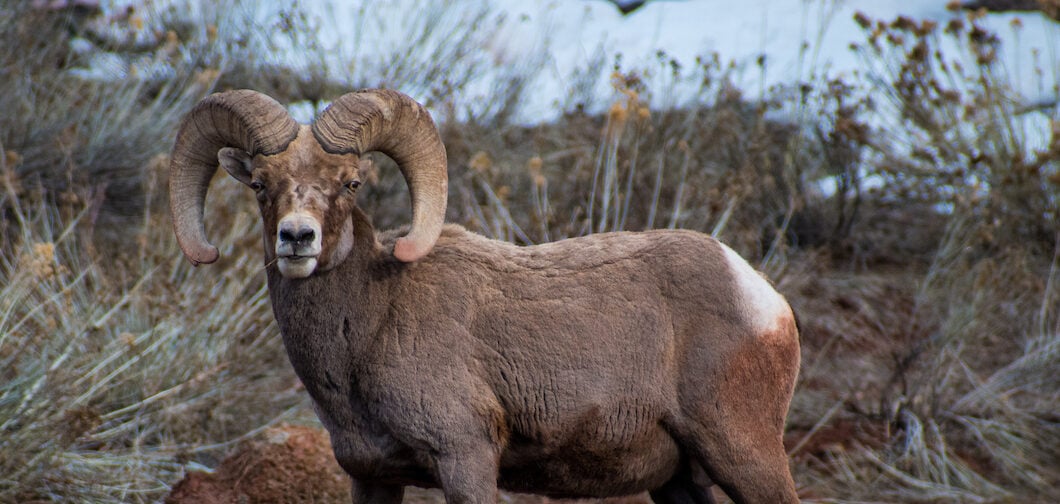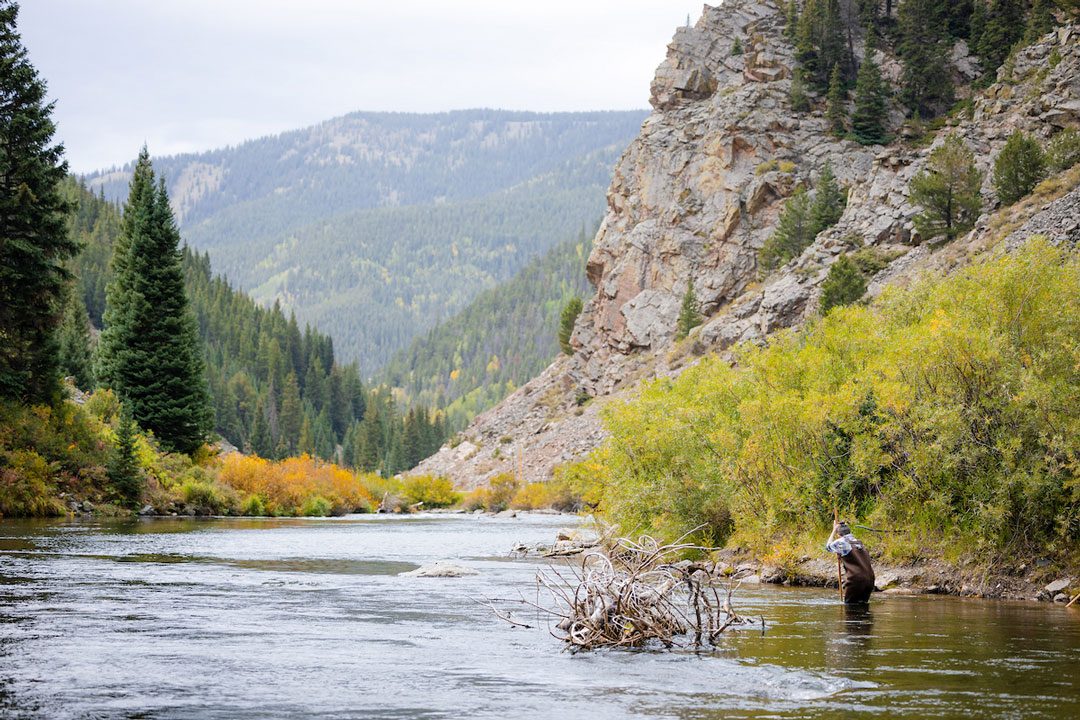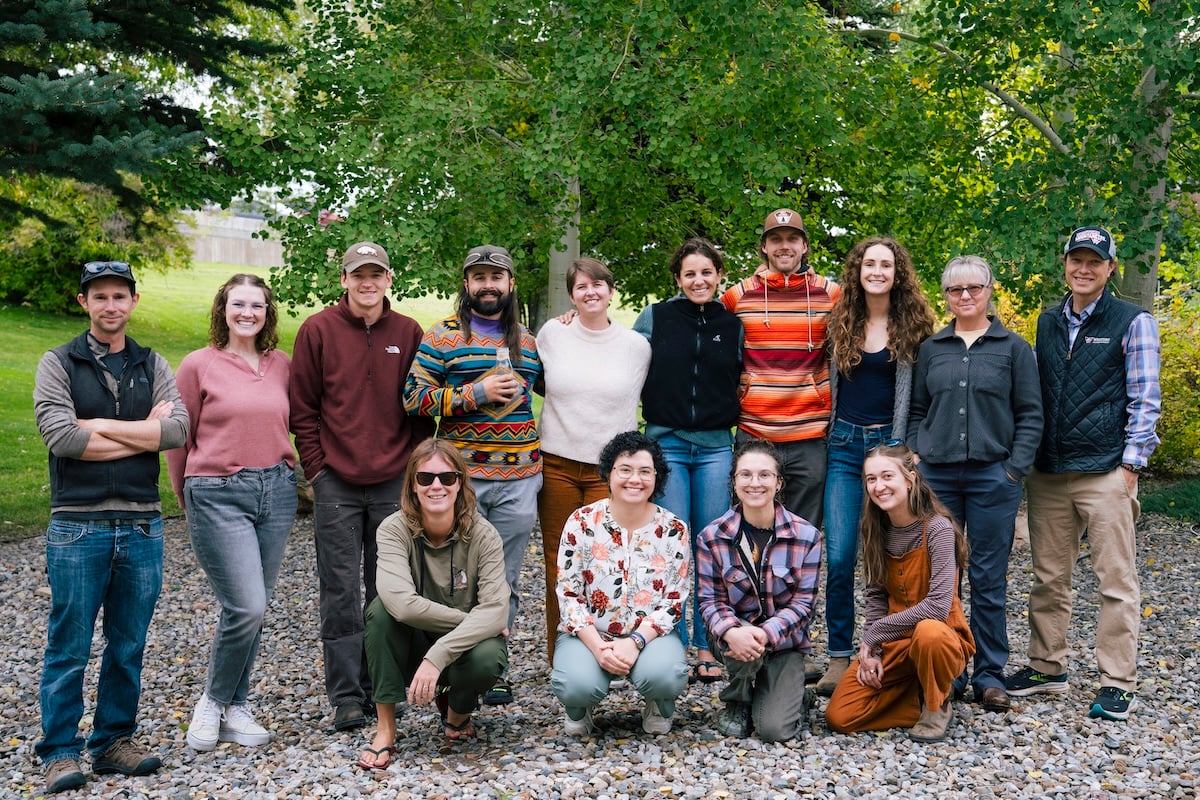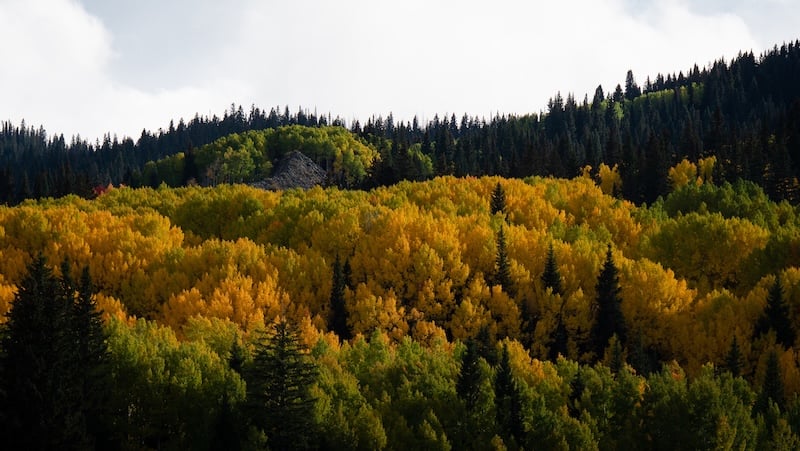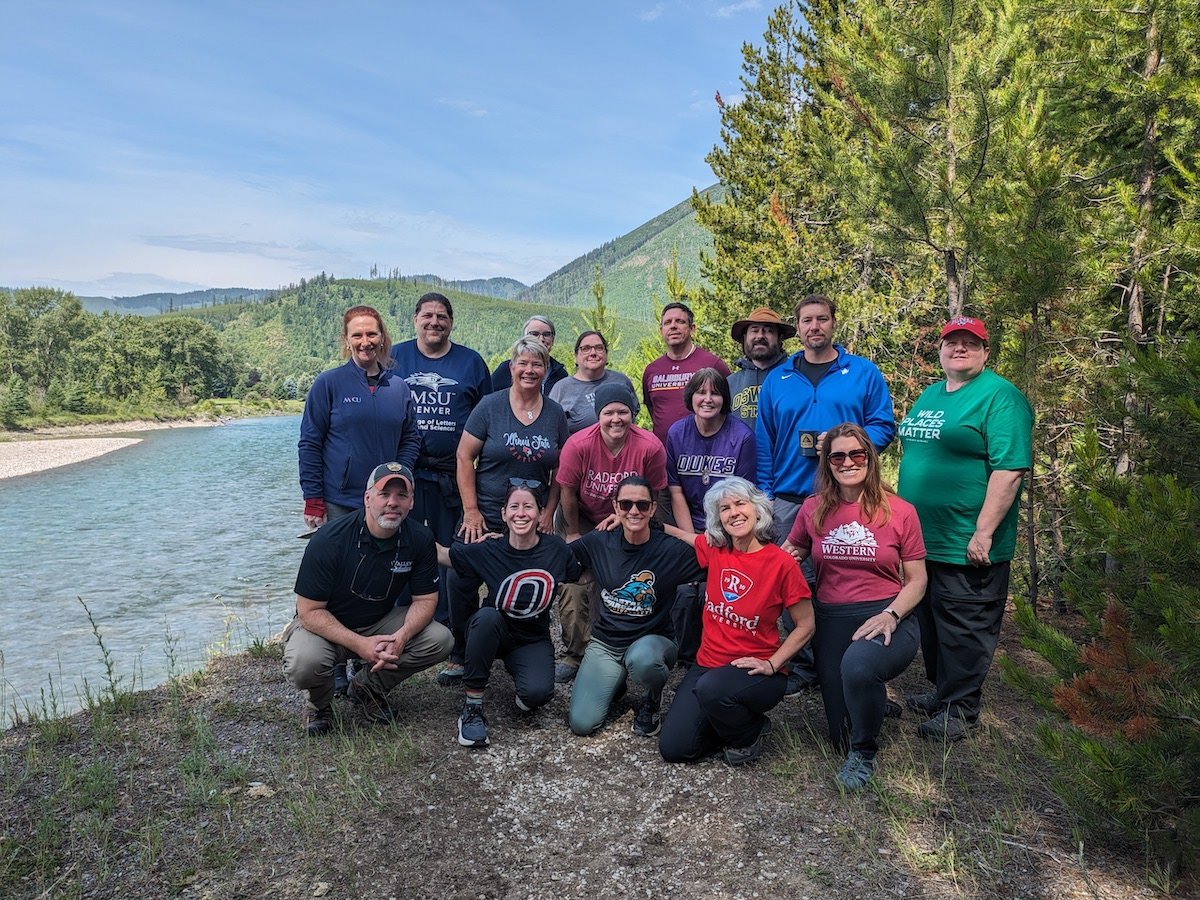Explore the diverse fauna of the Western Slope.
The Fisheries and Wildlife Management concentration prepares students for careers and research in the conservation and management of aquatic and terrestrial species. Blending ecological theory with practical skills, the program emphasizes graduate-level understanding of fisheries and wildlife systems, informed by Western’s liberal arts tradition and access to the diverse ecosystems of Colorado’s western slope.
This 33-credit track includes coursework in biology, management, research methods, and thesis development. Students engage in original ecological research while applying scientific knowledge to real-world management decisions with broad ecological, ethical, and socioeconomic implications.
